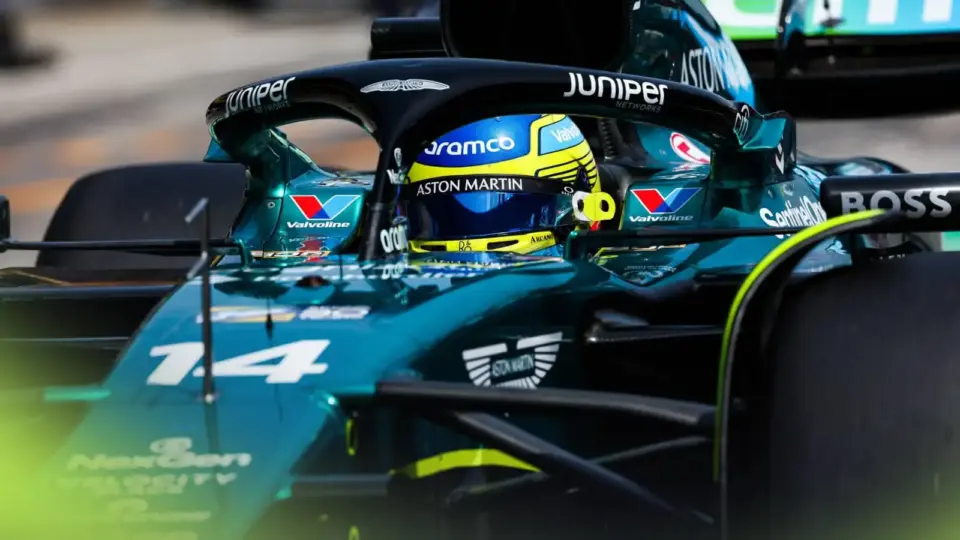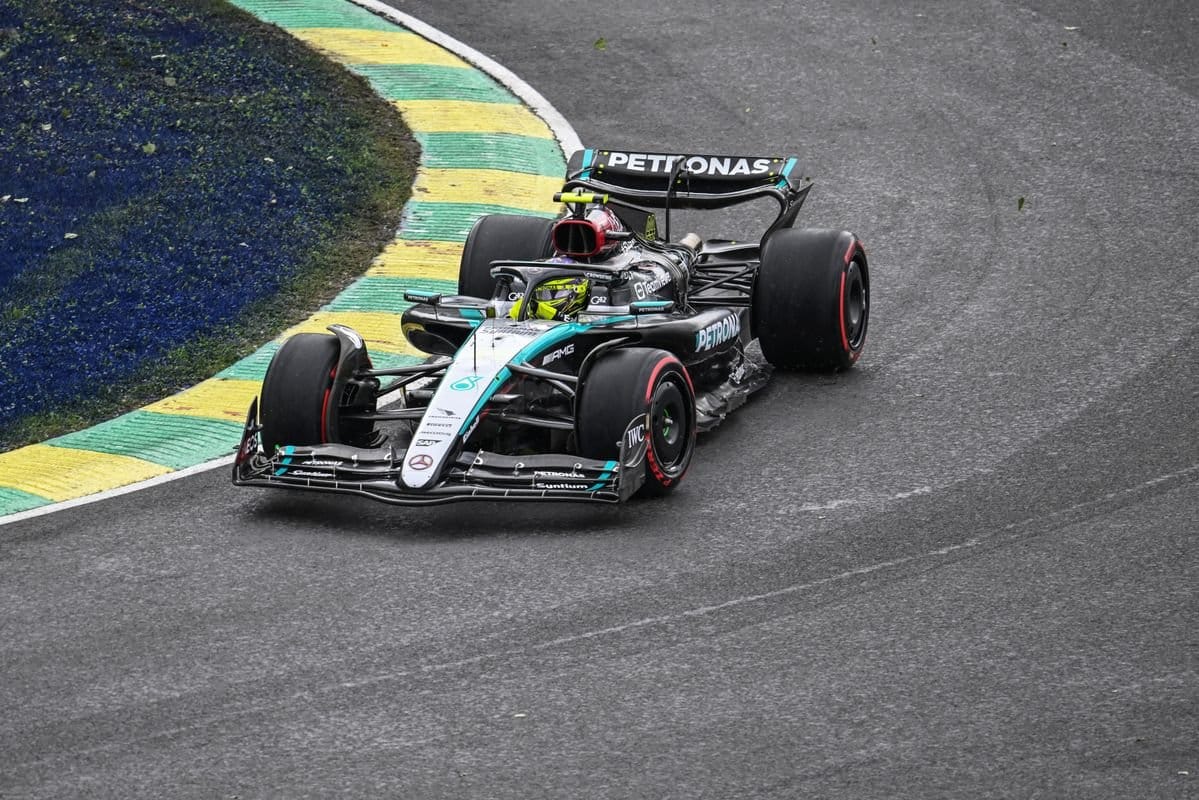George Russell’s surprise disqualification for his underweight car after the Belgian Grand Prix left fans and his team baffled. What caused this mishap?
Immediately after the race, Mercedes had no clear answer. They ruled out lack of fuel because car weight is measured without it. Instead, they suggested that a mistake in calculations during the race led to the issue.
Mercedes initially pointed to Russell’s worn tyres as a possible culprit. Andrew Shovlin, the team’s trackside engineering director, mentioned that the substantial wear from Russell’s one-stop strategy might have contributed. “We expect that the loss of rubber from the one-stop was a contributing factor, and we’ll work to understand how it happened,” he said.
Russell’s impressive drive saw him skip a second pit stop, managing his tyres for 34 laps. This decision, while giving him a temporary victory, may have led to significant tyre wear, causing his car to weigh less. Pirelli’s Mario Isola backed this theory, noting that tyres typically lose about one kilogram of weight during a stint.
Furthermore, Spa-Francorchamps, where the race was held, has unique characteristics. Drivers don’t get a slowdown lap to pick up ‘marbles’—excess rubber on the track—to add weight to their tyres post-race. Therefore, Russell’s tyres likely had less rubber than those of his competitors.
Mercedes will review their data to pinpoint where they went wrong. It could be a miscalculation regarding tyre wear, changes made to the car, or an overestimation of how close they could get to the weight limit. Other teams like Aston Martin and Red Bull also executed one-stop strategies without falling below weight, highlighting the precision required.
Toto Wolff, Mercedes’ boss, emphasized the need to learn from this situation. Despite the setback, he remains optimistic. “George’s childhood dream of winning was taken away, but he will win many more races,” Wolff stated.
Ultimately, worn tyres seem to be a significant factor in Russell’s disqualification. Mercedes will undoubtedly scrutinize every detail to prevent such an occurrence in the future.










